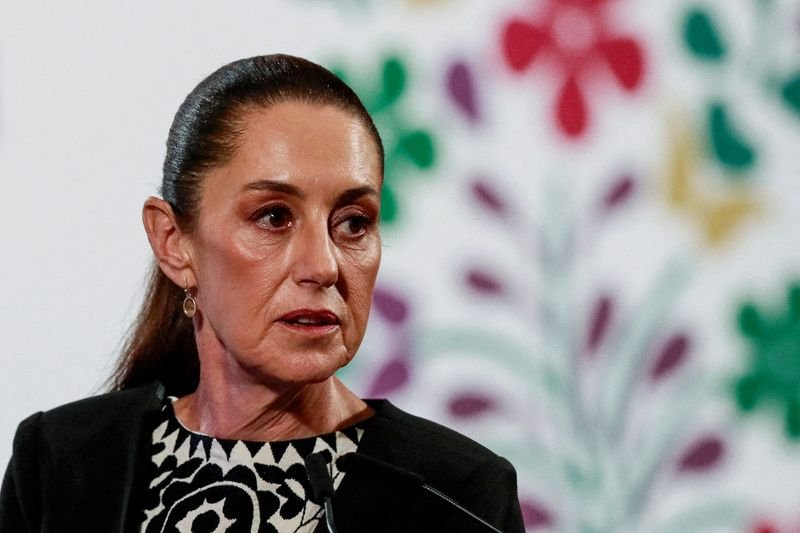53% OF LINE MANAGERS ARE NOT TRAINED TO MANAGE INTER-OFFICE CONFLICTS – HERE’S WHY THIS NEEDS TO CHANGE
Published by Gbaf News
Posted on April 20, 2017
5 min readLast updated: January 21, 2026

Published by Gbaf News
Posted on April 20, 2017
5 min readLast updated: January 21, 2026

Research from the CIPD has shown that more than half (53%) of line managers are not trained or qualified to handle ‘difficult conversations’.
The corresponding report also reveals some conflict solution techniques can be counterproductive and “kill the employment relationships”.
Elsewhere in the report it was stated that “we see discipline and grievance processes as a last resort”. Despite these comments, it appears that there are not enough training opportunities and resources out there to facilitate an honest, transparent workplace.
In response to these figures, telephone answering provider CALLCARE has produced an in-depth guide on how businesses can go about creating a ‘speak up’ culture, which you can read in its entirety here.
Commenting is Gemma Harding, Head of Corporate Services at CALLCARE. According to Gemma, providing staff with a way to anonymously report problems will go a long way towards encouraging a ‘speak up’ culture:
“The problem is that not enough companies are training their team leaders to deal with sensitive, perhaps troubling issues within the workplace. Something that can help is employing a third-party call-handling service to help staff anonymously report any problems.
“The modern workplace is evolving, and having someone impartial to oversee this process is conducive to creating a positive culture within work.”
 Furthermore, a study carried out by the Trade Union Congress found that more than half of all women polled have experienced some form of sexual harassment, whilst 32% have been subject to unwelcome jokes of a sexual nature.
Furthermore, a study carried out by the Trade Union Congress found that more than half of all women polled have experienced some form of sexual harassment, whilst 32% have been subject to unwelcome jokes of a sexual nature.
It is for these kinds of instances that a dedicated support hotline is needed. Without somewhere to report, anonymously or otherwise, such issues are swept under the carpet.
Gemma Harding added that it is not just harassment cases that warrant better support:
“CALLCARE look out for lone workers, too. The stresses of solitary working are often underestimated, and without regular support such workers can experience depression, anxiety and other related troubles.”
Lone workers, and the issues that can arise in solitary working environments, are frequently overlooked, but they are just the sort of workers that would benefit from a positive and transparent ‘speak up’ culture. You can find out more about CALLCARE’s lone worker services here.
Research from the CIPD has shown that more than half (53%) of line managers are not trained or qualified to handle ‘difficult conversations’.
The corresponding report also reveals some conflict solution techniques can be counterproductive and “kill the employment relationships”.
Elsewhere in the report it was stated that “we see discipline and grievance processes as a last resort”. Despite these comments, it appears that there are not enough training opportunities and resources out there to facilitate an honest, transparent workplace.
In response to these figures, telephone answering provider CALLCARE has produced an in-depth guide on how businesses can go about creating a ‘speak up’ culture, which you can read in its entirety here.
Commenting is Gemma Harding, Head of Corporate Services at CALLCARE. According to Gemma, providing staff with a way to anonymously report problems will go a long way towards encouraging a ‘speak up’ culture:
“The problem is that not enough companies are training their team leaders to deal with sensitive, perhaps troubling issues within the workplace. Something that can help is employing a third-party call-handling service to help staff anonymously report any problems.
“The modern workplace is evolving, and having someone impartial to oversee this process is conducive to creating a positive culture within work.”
 Furthermore, a study carried out by the Trade Union Congress found that more than half of all women polled have experienced some form of sexual harassment, whilst 32% have been subject to unwelcome jokes of a sexual nature.
Furthermore, a study carried out by the Trade Union Congress found that more than half of all women polled have experienced some form of sexual harassment, whilst 32% have been subject to unwelcome jokes of a sexual nature.
It is for these kinds of instances that a dedicated support hotline is needed. Without somewhere to report, anonymously or otherwise, such issues are swept under the carpet.
Gemma Harding added that it is not just harassment cases that warrant better support:
“CALLCARE look out for lone workers, too. The stresses of solitary working are often underestimated, and without regular support such workers can experience depression, anxiety and other related troubles.”
Lone workers, and the issues that can arise in solitary working environments, are frequently overlooked, but they are just the sort of workers that would benefit from a positive and transparent ‘speak up’ culture. You can find out more about CALLCARE’s lone worker services here.
Explore more articles in the Business category











